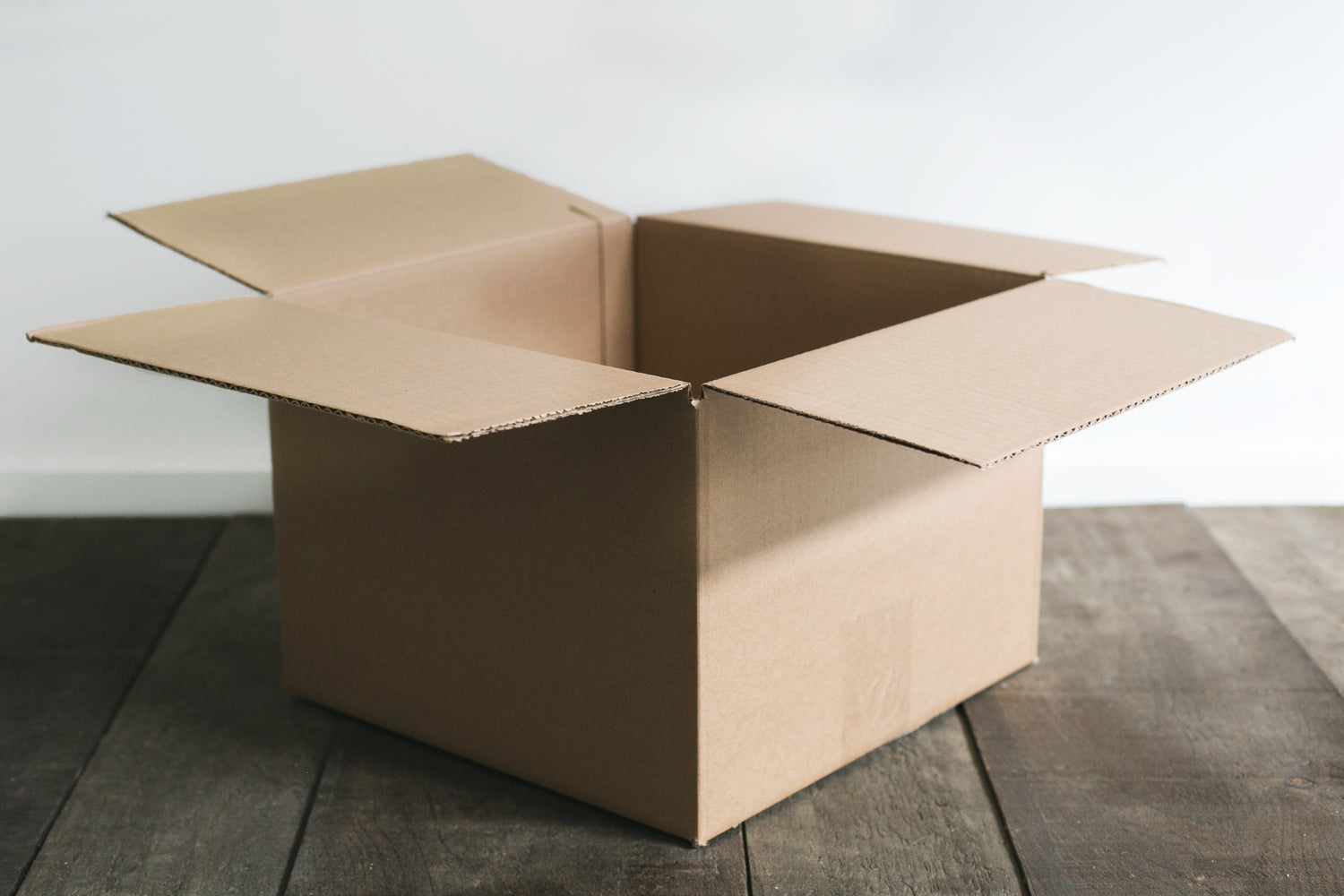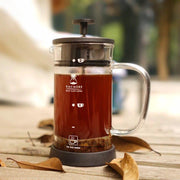Third Wave Water Packets Makes Coffee Taste Better!

When we start buying boxes that look like cigarette boxes in order to make a mineral-ideal cup of coffee, it’s worth asking ourselves, “Have we gone too far?” With Third Wave Water's improbable appearance on Shark Tank, preceded by similarly improbable Kickstarter success before that, the answer seemed like a firm no. The product promises to improve your coffee’s flavor and balance by way of a specific amount of minerals that, allegedly, are most conducive to brewing truly great coffee. With the guidance of seasoned coffee professional Chloe Langham, alumni of Metropolis, Stumptown and current coffee educator at Toby's Estate Brew School, I decided to dissect the need and value of such water, and if Third Wave’s coffee water-perfecting packets actually work.
The Good: “When you’re brewing a cup of coffee, you need water with a specific mineral content to get the most-rounded flavor,” Langham says. “Basically, water is the catalyst that extracts coffee’s flavor, coffee grinds are porous and each pore has different flavor compounds waiting for extraction. Those compounds can only be broken down and brought into the coffee with certain minerals, and Third Wave’s packets put those minerals in your water at home.”
I made cups of coffee in my New York apartment using tap water, bottled water, distilled water and Third Wave-treated distilled water and, to my surprise, could tell a fairly significant difference. Langham, whose used Third Wave Water packets at home and work, expounded:
“It definitely ups the flavor complexity of the coffee. You’ll notice more delicate notes without having coffee that lacks body, and it will act as a balancing agent so you don’t get a cup that tastes overly bitter, acidic or light — it’s sort of the simplest solution and very effective at what it does. It’s pretty remarkable, the level of complexity, intensity and balance it brings to a cup of coffee.”
It’s also used and endorsed by a U.S Coffee Championship winner.
Who They’re For: Someone in between the everyday drinker and enthusiast, who’s also willing to invest more time and thought into making mornings a bit better. I’m by no means an expert and was pleasantly surprised to taste a discernible difference between the cups I tested (between the Third Wave-treated cup and tap, specifically).
“I don’t know if the average consumer will be like ‘oh my god this is such a huge difference,'” Langham jokes, “but this isn’t just for professionals to make better coffee at home or people with degrees in chemistry.”
Watch Out For: Because the premise here is to reach the ideal mix of minerals to pull those tiny pockets of flavor from your coffee grind, and Third Wave Water’s ingredients are static minerals and not their own filtering agent, the problem is: how do you use it with tap water that has its own mineral makeup that varies drastically from region to region? Langham put it to me this way:
“In New York, the water is soft, meaning it’s very low in minerals and could use the added minerals from Third Wave. But in Los Angeles, the water is hard, meaning it’s already got plenty of minerals in there. Adding more will result in coffee that drowns out the more delicate flavors.”
So what is the intrepid coffee geek to do if he or she lives in a place with water with high mineral content? For best results, go distilled.
“It’s definitely best used with distilled water because it’s just the right amount of everything you’d need — it adds to the water but it won’t filter out what’s already there. They recommend you use it with spring or filtered water, but I think for best results distilled is where it’s at,” Langham says.
If you’re so inclined — like, really inclined — you can develop an understanding of the water hardness in your area using the U.S Geological Survey's 2016 Water Hardness Guide.
Alternatives: Seeing as the commercial filters cafes install between their water lines and brew machines are both exceedingly expensive and tedious to maintain, their viability is more or less limited to the professional space. The same story goes for reverse osmosis machines, which take tap water and remove all solids in it.
Peak Water, a filtration jug co-designed by a guy who wrote an entire book on coffee water, recently launched on Kickstarter and looks promising, but it maintains one important difference. “It’s good for the opposite of what Third Wave is good for,” Langham says. “It doesn’t add any minerals to the water, but it filters out all the stuff you don’t want and leaves you with the ideal mix.”
Published by: Gear Patrol





